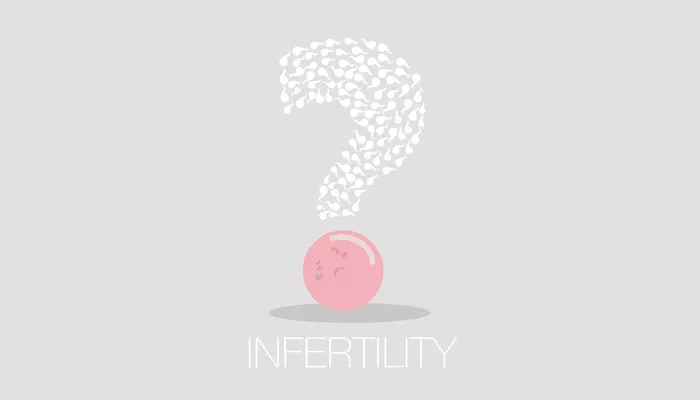Following President Donald Trump’s recent executive order aimed at expanding access to in vitro fertilization (IVF), pro-life advocates have raised significant ethical concerns about the destruction of embryos that is inherent in the IVF process. The order, titled Expanding Access to In Vitro Fertilization, focuses on increasing access to fertility treatments, which can cost between $12,000 and $25,000 per cycle, and aims to make them more affordable for American families struggling with infertility.
Pro-life groups argue that IVF involves creating a large number of embryos, but only a small percentage result in live births. According to organizations like Live Action, 93% of embryos created during IVF are either discarded, frozen indefinitely, or destroyed through miscarriage or abortion, leading to claims that IVF is not pro-life. Live Action President Lila Rose expressed concerns about the fate of over 1 million embryos currently frozen in the U.S., emphasizing the loss of life that occurs during the IVF process.
Other pro-life groups, such as Susan B. Anthony Pro-Life America, have voiced support for ethical fertility treatments but urge caution regarding procedures that result in the destruction of embryos. They have called for stricter regulations on the IVF industry to ensure that embryos are not discarded improperly and that practitioners follow safety standards.
Allie Beth Stuckey, a pro-life commentator, echoed similar concerns, criticizing IVF for its widespread use of embryonic destruction and eugenic testing, which she believes exploits the desire for children while neglecting the rights of the unborn. She also emphasized that Europe and Canada have stronger protections for embryos, suggesting the U.S. should follow their lead in regulating reproductive technologies.
In response to these concerns, the Trump administration signaled that it would work with pro-life groups to address ethical issues surrounding IVF. The administration has reportedly considered implementing conscience protections for religious Americans who object to IVF and ensuring that policies align with pro-life values.
Family Research Council (FRC) President Tony Perkins expressed concerns over the commercialization of human reproduction, stating that IVF transforms the process of creating life into a transactional act, raising the risk of human exploitation. FRC advocates for IVF policies that prioritize the dignity of life and encourage ethical practices in fertility treatment.
Mary Szoch, director of FRC’s Center for Human Dignity, urged policymakers to focus on protecting unborn children and warned that IVF, despite resulting in the birth of many children, also leads to the destruction of numerous embryos. She also highlighted the potential of restorative reproductive medicine, such as NaPro Technology, which treats the underlying causes of infertility and respects the dignity of all involved.
While IVF has allowed many couples to conceive, studies show that success rates are far from guaranteed. For women under 35, only about 40% of IVF cycles result in a live birth, and the success rate decreases significantly for women over 35. Szoch argues that addressing the root causes of infertility through methods like restorative reproductive medicine may be a more effective and ethical solution to the infertility crisis in America.
As the Trump administration moves forward with implementing the executive order, pro-life groups hope that any policy recommendations will prioritize the protection of embryos, respect for human life, and the promotion of alternative, less controversial fertility treatments.
Related topics:
Are Men Ready for a More Equitable Role in Reproductive Health?
Electro-Acupuncture as a Complementary Therapy in IVF: Promising Clinical Findings
Are Men Ready for a More Equitable Role in Reproductive Health?

























